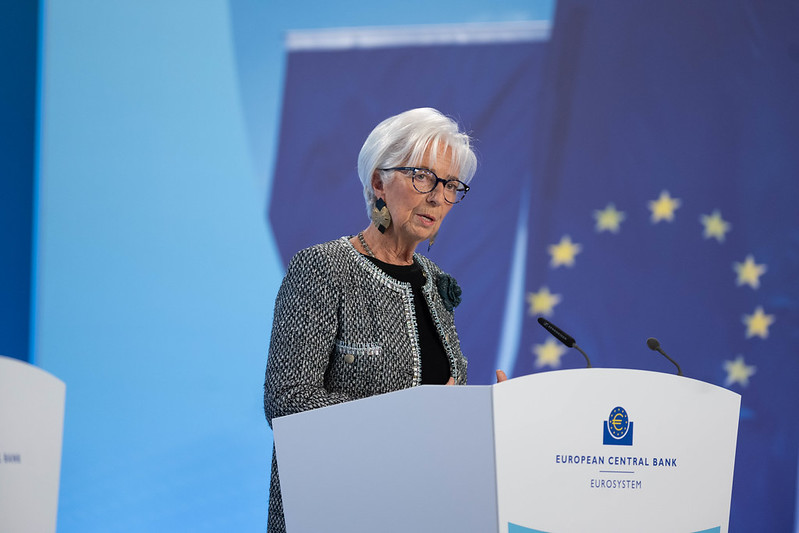ECB’s Lagarde: US Tariff on Europe of 25% Would Make Inflation Outlook Much Less Clear
20 March 2025

By David Barwick – FRANKFURT (Econostream) - European Central Bank President Christine Lagarde on Thursday said that if the US applied a tariff of 25% to European goods, this would make inflation prospects much less clear, with a likely short-term inflation increase that would diminish in the medium term as consequent economic weakness mitigated price pressures.
In a speech at the Hearing of the Committee on Economic and Monetary Affairs of the European Parliament, Lagarde said that disinflation was ‘well on track’ and inflation ‘developing broadly as expected’.
Wage growth would continue slowing and underlying inflation measures indicated a return to price stability, she said.
‘Our monetary policy is becoming meaningfully less restrictive’ she said. ‘New borrowing is becoming less expensive for firms and households, while loan growth is picking up. At the same time, past interest rate hikes are still being transmitted to the stock of loans, and lending remains subdued overall.’
In particular with uncertainty on the rise, the ECB would stick to its data-driven, meeting-by-meeting approach, and not precommit to any rate path, she said.
The economic slowing seen at the end of last year had continued into this year, she said. Investment and exports faced headwinds even as services remained ‘resilient’, she said. Higher household income and still-strong job markets were behing a ‘gradual’ recovery of consumption, she said.
‘Heightened uncertainty is likely to dampen investment and exports more than previously anticipated’, she said. ‘However, growth is expected to be supported by higher incomes and lower borrowing costs.’
Global demand should support exports, depending on trade policies, she said.
Assessments of the impact of new trade policies were difficult because of the fluid situation and subject to ‘very high uncertainty’, she said, but the ECB considered a US tariff of 25% on European imports likely to shave some 0.3pp off of euro area growth in the first year.
European retaliation would lift the effect to around 0.5pp, she said. The impact would weaken over time, but a ‘a persistent negative effect on the level of output’ would endure, she said.
‘In such a scenario, the inflation outlook would become significantly more uncertain’, she said. ‘In the near term, EU retaliatory measures and a weaker euro exchange rate – resulting from lower US demand for European products – could lift inflation by around half a percentage point. The effect would ease in the medium term due to lower economic activity dampening inflationary pressures.’
The ECB would keep a close eye on trade developments and consider these when evaluating its monetary policy stance, she said.
‘In the current environment, it is important that we anticipate and assess implications of potential trade policy changes’, she said. ‘Careful analysis and communication are key, and we are exploring both aspects further as part of our ongoing strategy assessment.’
